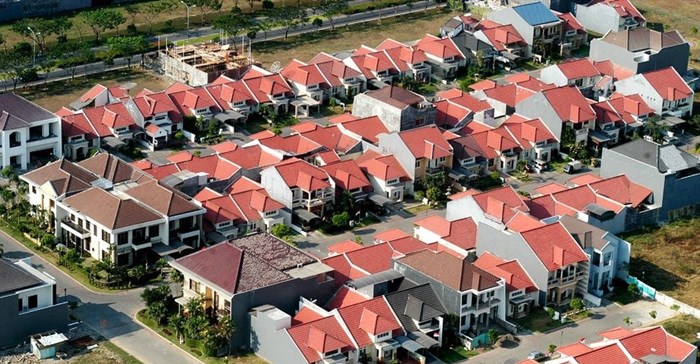Demand for sectional properties remains high

"Over the past few years, residential property transactions in the Western Cape have exceeded those in other provinces across the country," says David Rebe, CEO of Sandak-Lewin Property Trust.
He points to a recent report by Savills, titled World Residential Markets, which revealed that the Western Cape property market grew by 7.3% in the first six months of 2015. Rebe attributes this growth to the many benefits that Cape Town offers, including its beaches, ocean views and buzzing Waterfront.
Weak rand
"However, despite the growth witnessed in the Western Cape property market, there are still obstacles which may result in a decline in the market." Although the weak rand may negatively impact confidence levels amongst South Africans, it essentially benefits offshore property investors, who consider South Africa to be an appealing investment.
"It is more cost effective for foreigners to invest in a holiday home in Clifton for R6m, which is only around £275,000, compared to paying the same price for an apartment in the United Kingdom that is smaller and has no sea view."
He says that although the rand will probably keep the foreign property purchases ticking over, it is also important to look at the other risks affecting the property market. "As South Africa has entered into a rising interest rate cycle, there is likely to be another interest rate hike in 2016. The 0.25% rate increase won't affect high-end buyers as much as the lower end of the market who don't have much room in their budgets for increasing bond payments."
He adds that demand for properties across the popular Atlantic Seaboard in locations like Camps Bay, Clifton and Bantry Bay will remain in demand amongst the high-end market, due to the luxury status of properties in these areas and their ability to retain value even through the downturn in the market.
Inflated prices
"Demand is not the only variable pushing up the prices, inflation is also playing a large part. The weakening rand has impacted building costs quite severely, pushing up the selling cost to the point where developers have to charge inflated prices. Developers won't take on a project if they are not making at least 25% return. Therefore, as building costs increase so will properties."
Rebe adds that various high-end developments across Cape Town are selling out very fast, despite the current economic slowdown. He says developments in the V&A Waterfront area for example, sold out within two weeks. "The industry has not seen that type of take-up on new developments since 2004/5 and because of the success, developers are launching other projects."
Rebe believes that offshore property investors and the high-end market will be the main contributors to the steady flow of the South African property market in 2016.